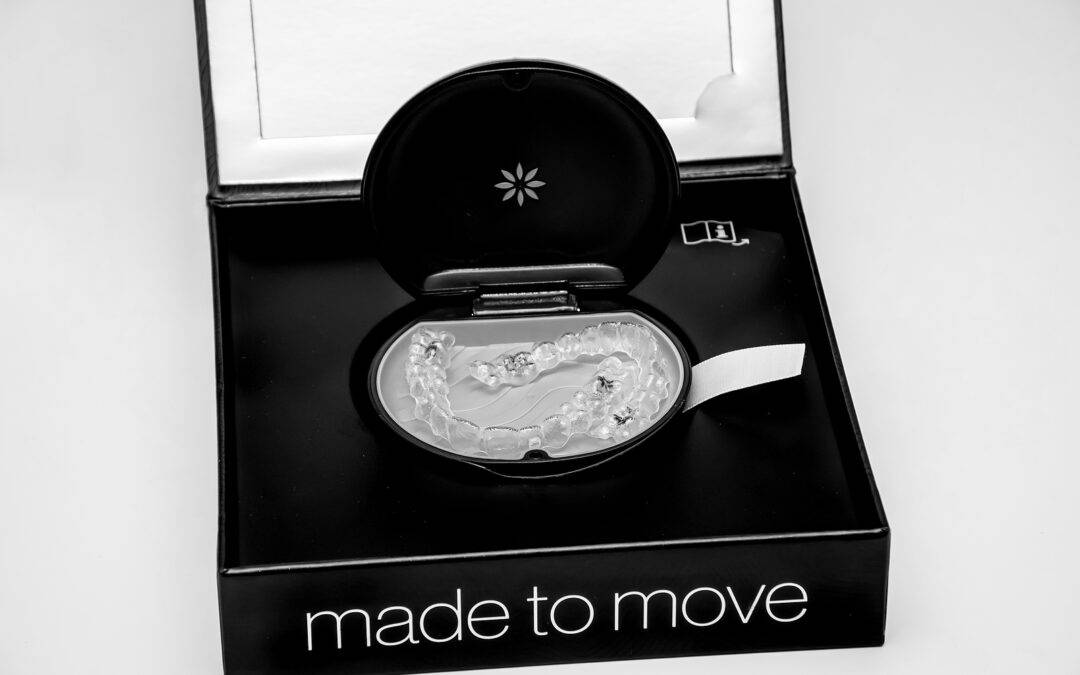Dental implants are the next best thing to a real tooth, replacing your tooth’s root and fusing with your jawbone, becoming a permanent part of you. If you are considering dental implants for a single missing tooth or indeed several missing teeth, read on to find out more about the process involved.
Single tooth treatment
Some of the most common reasons for tooth loss are gum disease, extreme decay and accidents. A single missing tooth can have a huge impact on your facial aesthetics, making your skin appear sunken, as well as preventing you from effectively breaking down your food and even changing the way you speak.
Single tooth treatment is a very effective and life-changing solution. Dental implants look and feel like natural teeth; even a single implant can rejuvenate your facial structure if it has begun to appear ‘sunken’. In many cases, a single dental implant can be placed straight away and a temporary restoration such as a crown or a bridge can be placed over the top as an aesthetic solution.
The dental implant fuses with your jawbone over a healing period of 3-6 months and following this, your dentist will fit you with a permanent replacement tooth.
Multiple tooth treatment
Dental implants can also be a solution for multiple missing teeth and one implant can actually support more than a single replacement tooth, making it a more cost-effective option for patients who have lost multiple teeth.
Full mouth treatment
If you have all of your teeth missing, perhaps you have battled with the inconveniences of dentures on a practical and social level? Many people with dentures can struggle with the fact that they are a non-fixed solution which can cause embarrassment and low self-confidence in social situations.
Dentures can cause discomfort and complications with slippage as well as unwanted movement when biting and chewing. On the other hand, implant-supported bridges are a stable and more comfort-centred solution. They are a long-term solution and can be looked after like natural teeth. Your jawbone is preserved and biting chewing and speaking feels natural.
What is known as ‘All-On-Four’ is only suitable for patients who have sufficiently healthy jawbone density to support the implants. There are however, procedures such as bone grafting that can help you build up enough bone to support the implants.
If you would like to know more about dental implants and benefits, please do not hesitate to contact us.








